University of California San Francisco
Give to UCSF-
-
What Scientists Are Learning About Estrogen and Exercise
-
Scientists Map Brain Circuit that Drives Activity in Fertile Females
A team of UCSF scientists have identified the specific neurons and signaling pathway that make sexually receptive females of many species more active at the time of ovulation.

-
Why a One-Size-Fits-All Approach to Breast Cancer Prevention Can Leave Women Vulnerable
-
Study Links Air Pollution to Nearly 6 Million Preterm Births Around the World
A new analysis looks at how air pollution affects preterm births and other important indicators for newborn babies around the world.
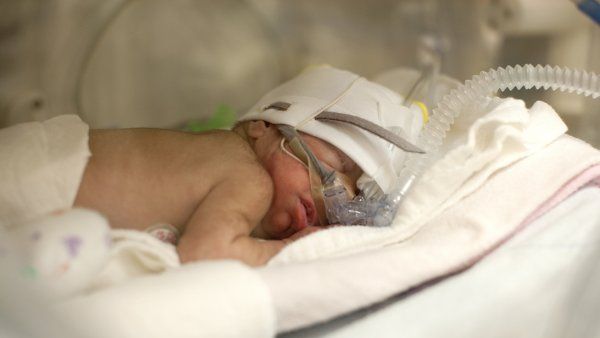
-
Social Scientists File Brief Urging US Supreme Court to Find Mississippi Abortion Ban Unconstitutional
An amicus brief led by experts at UCSF and the University of Texas urges the U.S. Supreme Court to reject Mississippi’s ban on abortions past 15 weeks.

-
Severe Infections During Pregnancy Associated With Complications Around Childbirth
Individuals who are hospitalized during pregnancy due to sepsis have higher odds of complications surrounding childbirth, according to a study led by researchers at UCSF. The study found that pregnancies complicated by sepsis were associated with an increased risk of cesarean delivery, postpartum hemorrhage and preterm delivery, highlighting the risk of any severe infection during pregnancy.

-
COVID-19 During Pregnancy Associated with Preterm Birth
Individuals who contract COVID-19 while pregnant face a higher risk of having a very preterm birth, as well as any preterm birth.
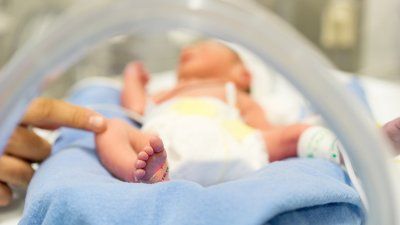
-
UCSF Medical Center Ranks 1st Nationwide in Neuro, Among Top 10 Hospitals for 2021-22
UCSF Medical Center has been recognized as the nation’s best hospital for neurology and neurosurgery, and among the country’s premier medical centers overall, in the 2021-22 Best Hospitals survey by U.S. News & World Report.
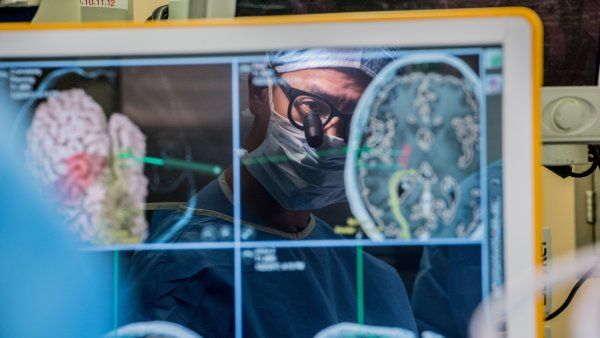
-
Immune System May Need ‘Continuing Education’ to Protect Pregnancy
Working in mice, UCSF researchers have found that a recently discovered subset of cells in the immune system may prevent the mother’s immune system from attacking the placenta and fetus.
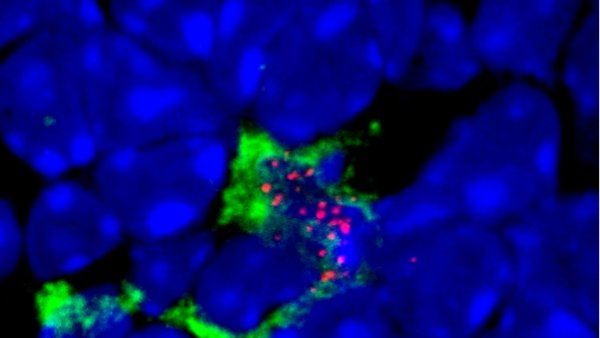
-
No Sign of COVID-19 Vaccine in Breast Milk
Messenger RNA vaccines against COVID-19 were not detected in human milk, according to a small study by UCSF, providing early evidence that the vaccine mRNA is not transferred to the infant.
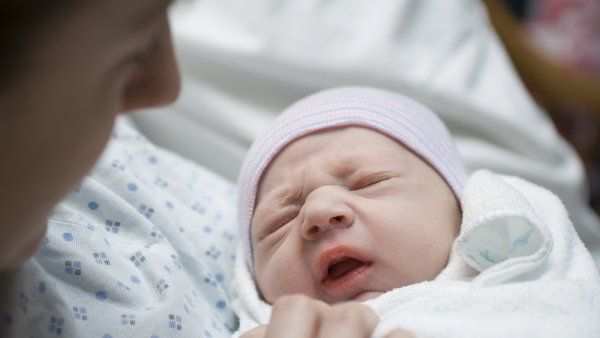
-
COVID-19 Vaccines Don’t Infiltrate Breast Milk, Study Shows
-
Older Women Who Are Socially Engaged More Likely to Be Emotionally Abused or Mistreated
For older adults, participating in social activities can protect against physical and mental signs of aging, but it may also pose risks, especially for women. A new analysis of national data led by
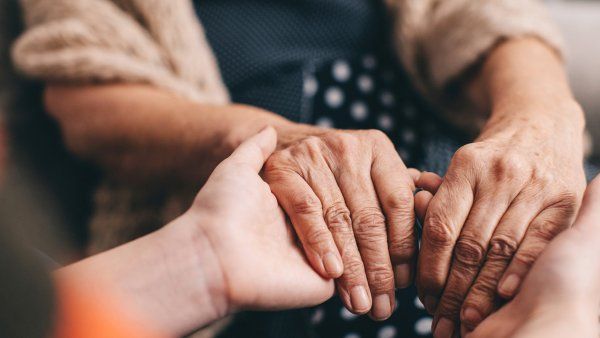
-
Vaccine Side Effects: Why Women Are Mistaking Swollen Lymph Nodes for Breast Cancer
-
The Evidence That COVID-19 Vaccines Are Safe and Effective in Pregnancy Is Growing
-
UCSF Study Finds Evidence of 55 Chemicals Never Before Reported in People
Scientists at UCSf have detected 109 chemicals in a study of pregnant women, including 55 chemicals never before reported in people and 42 “mystery chemicals,” whose sources and uses are unknown.

-
Probiotics: Health Hack or Hype?
We turned to UCSF scientists to better understand probiotics and the human microbiome they aim to influence.
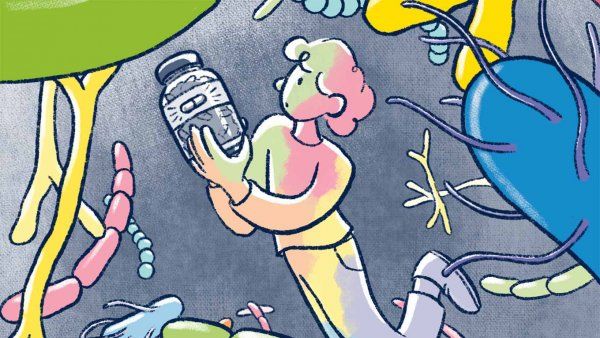
-
COVID-19 Vaccines Are Likely Safe During Pregnancy. When Will We Know for Sure?
-
COVID-19 Vaccine Fact Vs. Fiction: An Expert Weighs in on Common Fears
We posed the most common COVID-19 vaccine quandaries to Bryn Boslett, MD, an infectious disease expert who is leading the vaccination effort at UCSF. She explains why mRNA vaccines won’t affect your DNA, which allergies pose a risk, what 95 percent efficacy really means, and more.
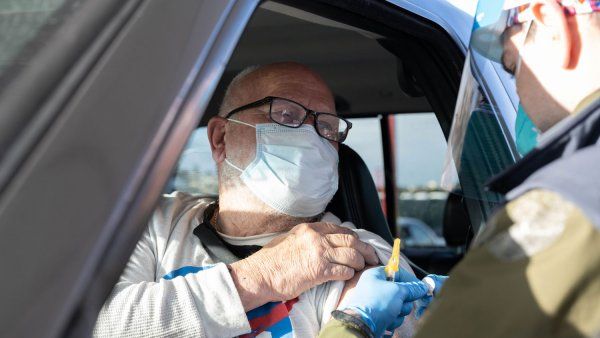
-
Frailty Is a Factor in Higher Mortality for Women Awaiting Liver Transplants
A study headed by UCSF and Columbia University highlights the role that frailty plays in this gender gap.
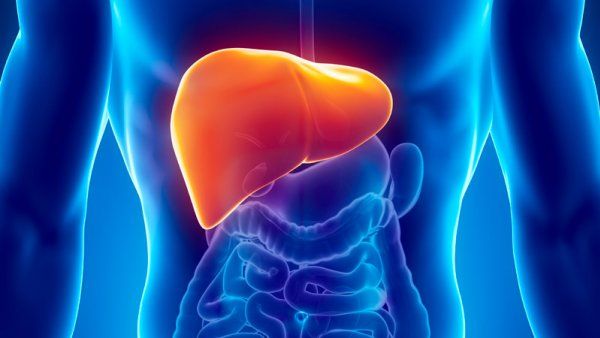
-
Shot to Prevent H.I.V. Works Better Than Daily Pill in Women
-
DNA Test Identifies Genetic Causes of Severe Fetal and Newborn Illness
A new study by University of California researchers shows the promise of high-throughput DNA-sequencing technologies to improve prenatal diagnosis and pregnancy outcomes for women who have experienced an abnormal prenatal ultrasound.
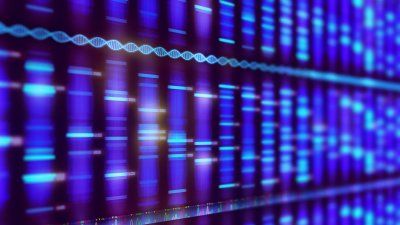
-
One in Four Pregnant People With COVID-19 May Have Lingering ‘Long-Haul’ Illness
-
COVID-19 Has a Prolonged Effect for Many During Pregnancy
In the largest study to date of COVID-19 among non-hospitalized pregnant women, researchers analyzed the clinical course and outcomes of 594 women who tested positive for the SARS-CoV-2 virus during pregnancy.

-
Most Infants Are Well Even When Moms are Infected by COVID-19
Infants born to women with COVID-19 showed few adverse outcomes, according to the first report in the country of infant outcomes through eight weeks of age.

-
Maternal Stress During Pregnancy Linked to Infant Illness
Greater maternal stress during pregnancy is linked with significant increases in the number and variety of infant illness during the first year of life, independent of the level of stress after birth.
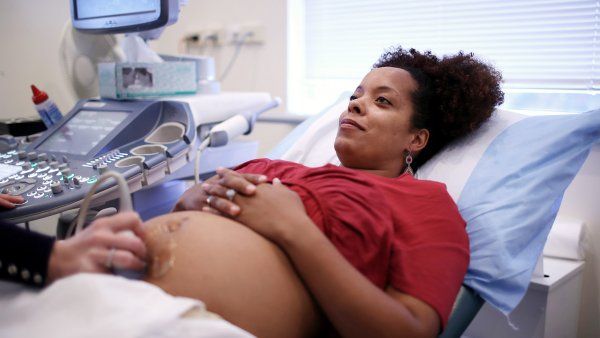
-
Female Chromosomes Offer Resilience to Alzheimer’s
UCSF scientists now have evidence from research that women with Alzheimer’s live longer than men with the disease because they have genetic protection from the ravages of the disease.

-
New Model of Breast Cancer’s Causes Developed by UCSF-led Team
A new model of the causes of breast cancer, created by a team led by researchers at UCSF, Genentech and Stanford University, is designed to capture the complex interrelationships between dozens of primary and secondary breast cancer causes and stimulate further research.
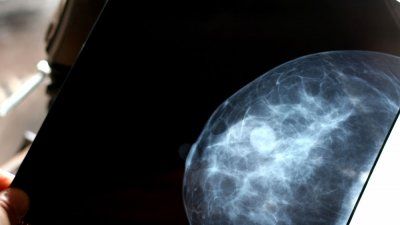
-
The Lasting Effects of Having – Or Being Denied – An Abortion
-
Pregnant Women with Fatty Liver Disease Face Worse Outcomes
Pregnant women with the metabolic condition known as non-alcoholic fatty liver disease have more than four times the risk of serious adverse maternal-fetal outcomes.
